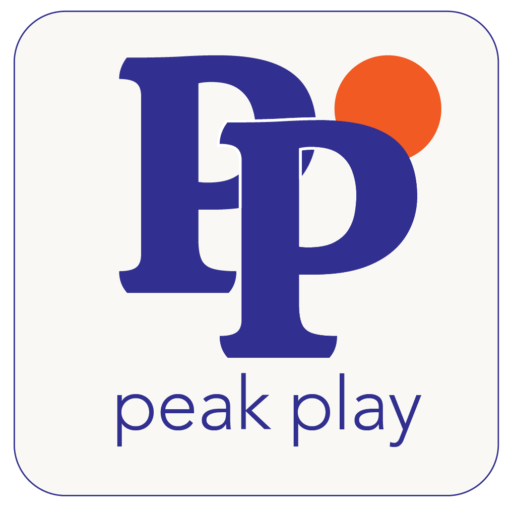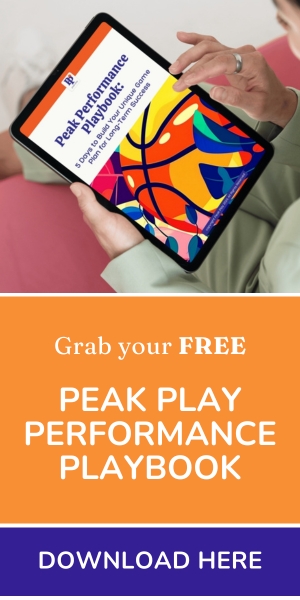Written by Tammy Appleton
August 4, 2025
Because your parent instinct isn’t paranoia.
You know that weird feeling you get in your gut—the one that kicks in before the red flags wave in full colour?
Yeah. That one.
Maybe it’s an “off” comment from a coach.
Maybe it’s your kid suddenly losing their appetite.
Or maybe it’s the way they come home from practice so wiped out, they sleep like they’ve been hit by a freight train.
Whatever it is, something just feels wrong.
And let’s be clear: that’s not paranoia. That’s wisdom.
Pre-season: The Quiet Danger Zone
Preseason is often sold as the time to “build grit,” “push limits,” or “prove toughness.” But behind those buzzwords, unhealthy patterns can sneak in—overtraining, toxic team culture, or unchecked adult egos that wear the disguise of “mental toughness.”
The truth? Preseason isn’t just about testing athletes. It tests parents, too.
As the emotional compass and protector, you’re constantly walking the tightrope between:
-
Letting your teen grow into a leader
-
Avoiding the dreaded “helicopter parent” label
-
Making sure they’re not being broken – mentally, physically, or emotionally by grown adults who should know better
No pressure, right?
This season, instead of questioning your intuition, honor it. Your instincts come from years of knowing your child better than anyone else.
But here’s the challenge: trusting your gut doesn’t always mean stepping in. Sometimes it means stepping back.
Mindset Shift: Let Them Lead
What if, instead of managing every detail, you gave your athlete a little more ownership this season?
Not a “sink or swim” abandonment.
But something more like:
-
“Let’s build the dream list together – you handle the calendar.”
-
“You pack your bag tonight, I’ll just double-check for mouthguards.”
Responsibility builds confidence.
Small wins build autonomy.
Autonomy builds presence on the court, in the classroom, and in life.
You’re still their rock. But now, strength may look like standing slightly behind instead of always in front.
Then vs. Now
Think back to the early years.
You handled water bottles, uniforms, reminders, pep talks. You were the manager, chauffeur, PR rep, nutritionist all rolled into one.
But as your child grows, so does the invisible line between “helpful” and “nagging.”
That shift isn’t rejection – it’s growth. And it’s your cue to evolve your role.
Is Your Athlete Ready for More Ownership?
Look for these signs:
-
They ask questions about schedules or logistics on their own
-
They’re more focused after preparing independently
-
They critique their performance before you even say a word
-
They push back against your advice more often (yes—this can actually be progress)
Leadership doesn’t start with captain’s titles. It starts with the small things. Preseason tryouts? A perfect practice ground.
Parent Challenge: Step Back, Let Them Step Up
Here’s something to try this week:
👉 Pick one area where you could step back and let them step up.
Maybe it’s gear. Maybe it’s recovery routines. Maybe it’s handling communication with the coach.
Whatever it is, notice how they respond—and how it shifts your relationship.
Want to go deeper? Share your experience inside the [Peak Play Parent Community]. Your story might encourage another parent who’s clinging a little too tightly.
Coming Soon: Age-Specific Support
Because what your 9-year-old needs is not what your 17-year-old navigating college offers or NIL deals needs.
Stay tuned for a full breakdown of age-specific emotional support and communication strategies—so you can speak their language at every stage.
I Believe…
I believe in trusting your inner siren.
Even when it makes you the “difficult parent.”
Even when it means sitting in discomfort while your kid struggles and learns.
Because your job isn’t to bulldoze the road ahead.
It’s to help them see the path and walk it with courage.
And that begins with listening. To them. To yourself. To your gut.


